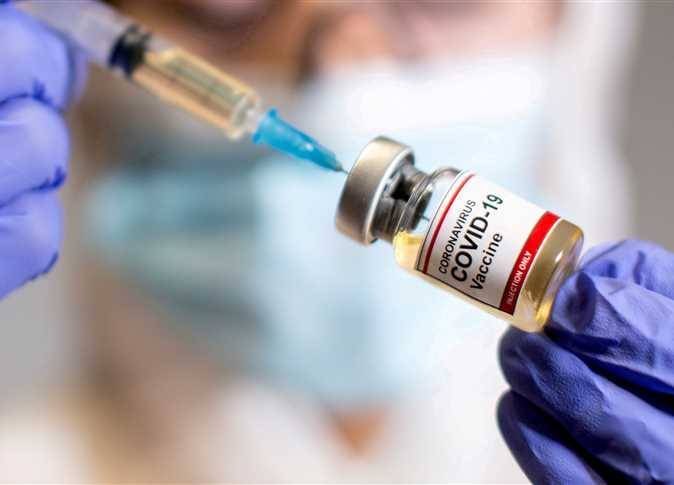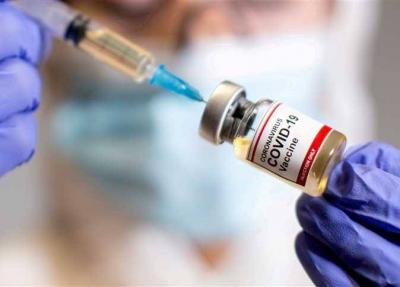Let’s imagine 100 people infected with the novel coronavirus. When we say that the effectiveness of the vaccine against the virus is 90%, this means that if all of them get vaccinated, at least 10 will still contract the virus.
In reality, the effectiveness of the vaccine is the relative reduction in the risk posed by the virus. Regardless of the life-threatening risks you faced before, these risks decrease by 90% if you receive the vaccine. It is noteworthy that there is much confusion around this figure, but it does not necessarily mean that there is a 10% chance of contracting the novel coronavirus; in fact, this chance would be significantly lower than 10%. Researchers estimate the effectiveness of the vaccine by comparing the number of new infections among vaccinated individuals and unvaccinated individuals. The best way to conduct this comparison is through a "randomized controlled trial," where all volunteers receive either the actual vaccine or a placebo randomly, without knowing which one they are receiving.
In the vaccine trial by Pfizer and BioNTech, 8 new cases of infection were recorded among 22,000 individuals who received the actual vaccine, which means that if you are vaccinated with this vaccine, your risk of contracting the disease is about 8/22,000, or only 0.04%. In contrast, 162 new cases of infection were reported among 22,000 individuals who received the placebo, resulting in a risk of about 8/162, or 5%. This way, the vaccine's efficacy is estimated to be approximately 95%.
It should be noted that recent trials assessing the efficacy in preventing severe symptoms and death were not precise, but limited data suggests that efficacy may be higher for these more severe outcomes, lasting for a week or two after receiving two doses of the vaccine. Based on additional data analysis and experience from previous vaccines, the Joint Committee on Vaccination and Immunisation concluded that receiving one dose of the vaccine can provide significant protection, and it approved delaying the second dose up to 12 weeks after the first dose.
Moreover, it is still uncertain how much the vaccines reduce the risk of infection without leaving any symptoms, which would lead to continued transmission and increased spread of the virus. Trials from Oxford University estimated the efficacy in preventing detected infections with a positive test at 46%, but this requires larger studies. Therefore, if you have received one dose, the best advice is to act as if you have not been vaccinated at all and to follow virus prevention practices and social distancing.




